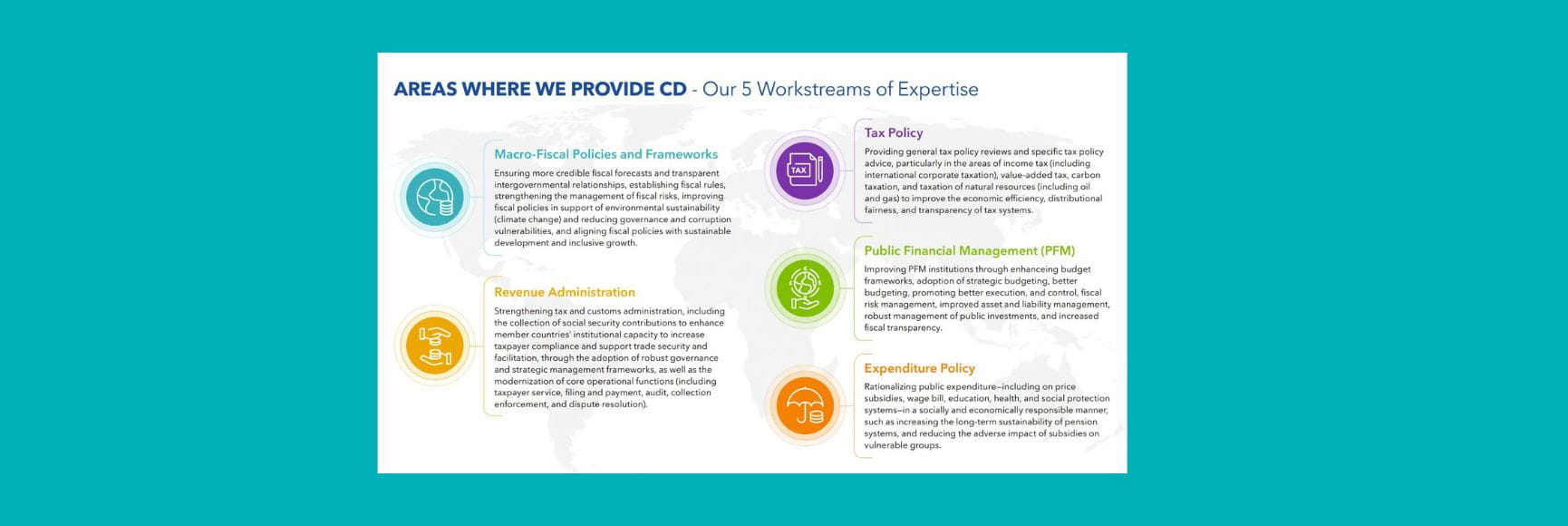Posted by Kris Kauffmann
On August 30, 2011, the Fiscal Affairs Department (FAD) of the IMF had the pleasure to host Phil Joyce for a seminar regarding his book, The Congressional Budget Office – Honest Numbers, Power and Policymaking.
The book charts the history of the CBO and its engagement in key areas of policy development in the United States over the last 37 years. A key aspect of the emergence of CBO explored in the book is the manner in which the leaders of the CBO have shaped the institution. In his presentation Phil explained that the CBO has maintained a reputation as a non-partisan organization while serving in the highly politically charged environment of Congress largely due to the professionalism of successive leaders and the staff of CBO and their consistent desire to ensure a non-partisan approach in CBO irrespective of any notional affiliations.
Phil outlined the structure and working approach of the CBO, including the manner in which it engages with members of Congress, committees, the OMB and other entities in the executive branch, as well as its external outreach.
As an example of the impact of the CBO in public policy outcomes, Phil outlined the distinct role played by CBO in relation to the Clinton and Obama health care reform proposals. Due to the very close attention paid to the budget implications of proposed policy change and CBOs reputation and status as the preeminent source of advice on the cost of legislative proposals, CBOs analysis had a substantial role in determining the shape and destiny of these policies. In this respect, it was interesting to explore with Phil how a small body that provides no policy advice (only costing and analysis) can play such an important part in the policy outcomes reached.
During the seminar, FAD were very keen to engage Phil on the technical issues of dynamic verses static scoring and the historical accuracy of CBO’s long term costing and forecasting. In discussing the challenges faced in having two powerful entities like CBO and OMB in the US budget process, the audience soon engaged with Phil on the idea of budget process reform in the US and how CBO fits into the mix.
Of course those of us engaged in technical assistance soon turned his attention to the topic of the circumstances in which an independent budget office, such as the CBO, may be appropriate to support parliamentary involvement in the budget processes of other countries. In this respect, Phil brings a unique perspective as a well respected academic and occasional consultant for the IMF and World Bank in delivering technical assistance, as well as being a previous employee of CBO. On this topic we reached the conclusion that country specific features are the determining factor.
Overall Phil’s seminar was a very engaging event – for which we thank him sincerely. For those interested in public sector budgeting, his book is a valued contribution to the body of knowledge.
Note: The posts on the IMF PFM Blog should not be reported as representing the views of the IMF. The views expressed are those of the authors and do not necessarily represent those of the IMF or IMF policy.






